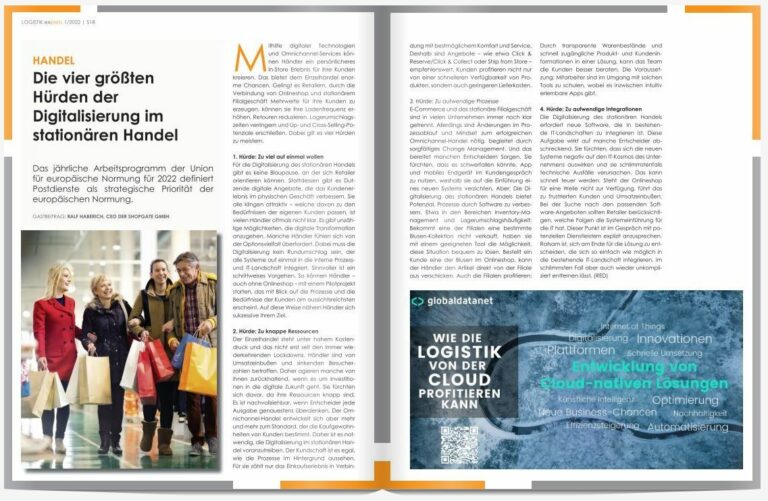Higher lorry speed limit will save £11m, says minister
The government has raised the speed limit for lorries on single carriageway roads from 40mph to 50 mph saying that it could result in savings of up to £11m a year.
And it is launching a consultation on a proposal to increase the speed limit for HGVs on dual carriageways from 50mph to 60mph.
The 40 mph speed limit for vehicles of 7.5 tonnes was set in the 1960s. Transport minister Claire Perry said: “This change will remove a 20 mph difference between lorry and car speed limits, cutting dangerous overtaking and bringing permitted lorry speeds into line with other large vehicles like coaches and caravans. Current speed limits for HGVs were introduced around 50 years ago and need to be updated given improved vehicle technology.”
The change in speed limits for HGVs on single carriageways will come into force in early 2015. Depending on the consultation responses, the increase for dual carriageways will come in at the same time. The existing limits continue to apply until the change has been put into effect.
The Department for Transport has also announced its intention to carry out a major study about rural road safety in the near future.
The Road Haulage Association has been lobbying on the speed limit issue and said it regarding the change as a “real win”.
Chief executive Geoff Dunning said: “This evidence-based decision by ministers, to increase the limit to 50 mph will be strongly welcomed by hauliers and their drivers. The current limit is long out-of-date and the frustration it generates causes unnecessary road safety risk.”
Hilary Devey, founder and CEO of Pall-Ex, pointed out that the overtaking of lorries on country roads has been a problem for many years.
“The reduced speed limit has always been a source of frustration for motorists and ultimately put lives at risk as dangerous overtaking manoeuvres have occurred. I’m glad to see that this issue has been acknowledged, and the powers-that-be are starting to see sense. There are many different vehicles on our roads and all should be catered for to keep everyone safe.
“Haulage vehicles are constantly evolving and are far more advanced in terms of safety than they were 20 or 30 years ago, making them more than equipped to cope with the extra 10mph to keep traffic flowing.”
The Government decision to raise the speed limit for lorries on rural roads is being welcomed by one of the country’s leading motoring law experts.
Motoring law specialist Anton Balkitis, from law firm Rothera Dowson, said: “This decision is long overdue and, in my opinion, the Government has been 40 years too slow in making it.
“Over the years, I’ve seen the 40mph limit for lorries on rural roads cause a number of problems. It has inevitably resulted in other motorists having to overtake to maintain the flow of traffic. In turn, this has resulted in them breaking the speed limit in the process. In fact, I’ve represented clients who have received penalty notices for doing so.
“Up until now, the whole system has been unbalanced and all road users should be united in welcoming the move.”
However, Julie Townsend, deputy chief executive for Brake, the road safety charity, said: „We are disappointed and concerned by this announcement. Put simply, when vehicles travel faster, it takes them longer to stop, increasing risk. It is very well evidenced that increases in speed equal increases in crashes and casualties. At the same time, the road safety justification for this move is dubious: we are not aware of evidence it will help tackle risky overtaking, which should be addressed through other means.
“Pronounced speed differences between traffic can pose a risk, but the way to address this is by preventing car drivers going too fast, not speeding trucks up. The minister says she wants to get the country moving, but we ask at what cost to road users and the environment?”
Source: logisticsmanager.com
Portal: logistik-express.com



